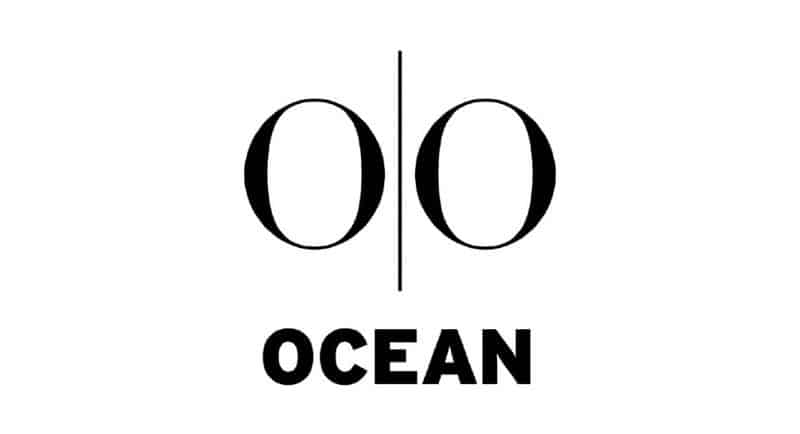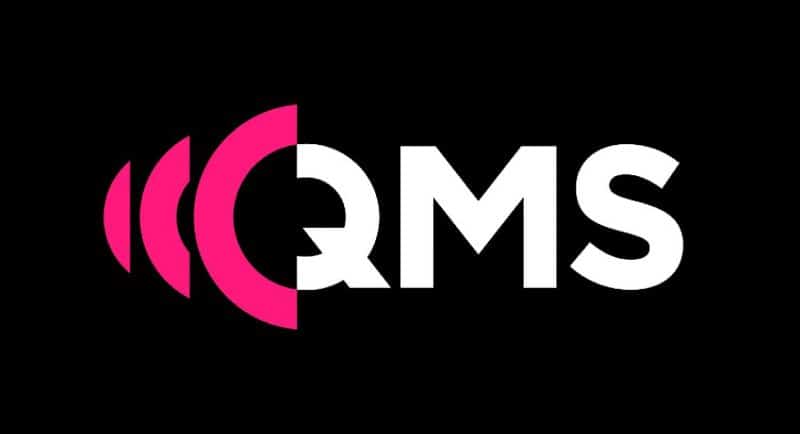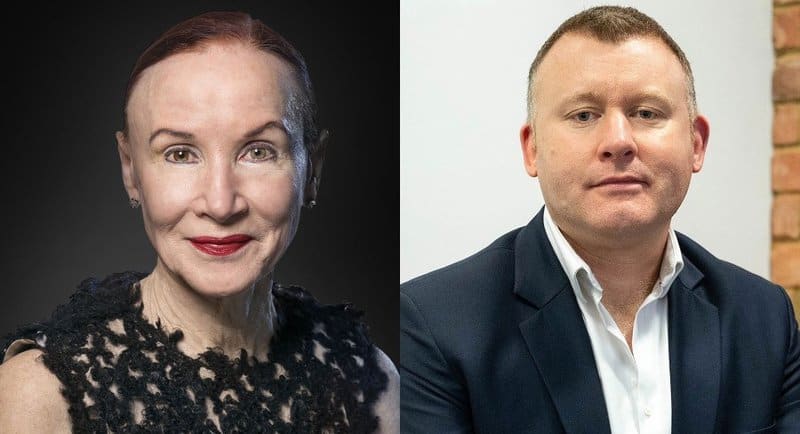The metaverse is an emerging space that has the potential to become deeply intertwined with different aspects of life. For the digital out-of-home (DOOH), the metaverse is set to become a new frontier for the industry as the development of technologies in the area accelerates.
QMS director Anne Parsons and Phil Hall, managing director of Ocean Outdoor UK, spoke to Mediaweek about engaging audiences using the metaverse, implementing it in the Australian DOOH market and future collaborations.
Ocean Outdoor campaign on Piccadilly Circus
Earlier this month, Hall and Ocean Outdoor brought a DOOH campaign to London’s Pride Parade with digital arts studio Immersive KIND at the iconic Piccadilly Lights.
The managing director shared that the agency learned two main points from the project. “One, you can’t underestimate the power of creativity. If you do something impactful in a high-quality location, people will look at it.
“One of the things that we love to see about our deep screen work on Piccadilly is people will stop and take pictures of it and record it on their phones. They’re recording an advert, and in a world where people avoid adverts, it’s cool that they’re sitting there and taking pictures.
The second was the insight into how much social sharing takes place. “The average campaign using deep screen on Piccadilly Lights is getting more than four million pounds of shared social value.”
Hall noted that the costs for media and production used to put people off from advertising in the Lights. He said: “loads of people go past it. It’s a big, high-impact site that deserves to be expensive. But when you create on that canvas, the social sharing you get completely dwarfs media cost.
“The main insight is that if you’ve got the right location, site and creativity, the pure media value can drive it,” he said.
Parson also added that the return on investment with a site like Piccadilly Lights would be strong and impressive.

Engaging with audiences in the metaverse
The metaverse is a new and growing space, and Hall noted that it gives the DOOH a new and exciting area to engage with audiences.
“I think the metaverse gives us an opportunity to engage with audiences and have a deeper connection and grab their attention, which is increasingly difficult in the real world,” he said.
The managing director added that the metaverse is becoming a place where people are choosing to spend time and engaging with.
When asked what brands and marketers should consider when exploring the space, Hall said: “I think the more creative you are and the bigger you think about how you can push your brand, the more successful you’ll be.”
Looking at what the metaverse can bring to the Australian DOOH industry, Parsons noted that QMS’ learning from Ocean Outdoors’ work is that the metaverse is “like a new city.”
“For Australia, we might think about Sydney, Melbourne, Brisbane, Adelaide, Perth and Decentraland. It’s a new city, therefore, it’s access to potentially bigger and more audiences,” she said, referring to the 3D virtual world browser-based platform.
The economic prospect of the metaverse
In a recent whitepaper commissioned by Meta – the parent company of Facebook and Instagram – the metaverse is forecast to generate more than $3 trillion in the next decade. Meanwhile, the McKinsey & Company report estimates that figure to be $5 trillion.
When looking at the economic potential of the metaverse on the Australian DOOH industry, both Parson and Hall agreed that it would be impossible to have a specific number to measure how big it could be.
Hall said: “The only thing that all commentators are agreed on is it’s going to grow, and it’s going to grow fast.”
The Ocean Outdoor MD said the metaverse has a similar growth trajectory to the internet’s first 11 years. He noted that the metaverse’s effect won’t just impact the Australian or UK markets but is “going to be a global phenomenon.”
Hall also added that the use of the standard internet usage would transition to a deeper experience in the metaverse.
“If you’re shopping for clothes in a two-dimensional browser, surely, it’d be better to have a three-dimensional experience where you could look at the catwalk shows, see those clothes on your avatar in the metaverse and make a call on whether you want them or not. Then have the same ordering principle as before where it’s on the doorstep in 24 hours.
“This is something that I think will become, just as the internet, a global phenomenon,” he added.

Hall noted that bringing the metaverse with digital out-of-home expands the possibilities of the capability. He said: “One of the main reasons we entered it is younger sections of the population are spending a lot of time gaming, and many are ad avoidant. They’re watching Netflix rather than the normal commercial channels, they’ve got blockers on their mobiles, and they’re quite a difficult to reach audience. And yet, here is an environment within games and within the metaverse that’s choosing to spend a lot of time in communities in an engaging way. For any digital out-of-home operator or media operator, that’s a rich scene you can mine.”
Parsons agreed, saying: “The digital out-of-home experience in the metaverse is really just replicating the advantages of digital out-of-home in these other cities. The power of those advantages – being communication that can’t be missed, skipped, and ad avoided – will increasingly become one of the unique selling points of digital out of home because there aren’t other media that can make the same claims,” she added.
While Australia doesn’t have similar outdoor sights like London’s Piccadilly Lights, Parson noted that “the same principle applies” to places that attract plenty of people across the major cities, such as Melbourne’s Federation Square.
Future projects for QMS and Ocean Outdoor
Looking to future creative and commercial projects between QMS and Ocean Outdoor, Parson said it is something they will continue to explore as two similar digital premium businesses that continue to innovate.
“We are lucky enough to have the opportunity with Ocean to look at projects together. Phil and his business work more with Admix; when there are opportunities that might come up where we can work together, we will jump at that,” she said.
“By the same token, we will start to have our own discussions with agencies here about testing in the metaverse. That’s what QMS has learned from Ocean, they’ve stepped into it and are learning as they go, and if it’s for the benefit of their clients, they’re doing it. QMS will take exactly that approach,” Parsons added.
Parson said it was important to understand the metaverse while it is relatively new. She said: “It isn’t fiction. It’s not a theory. It’s something that does already exist, and therefore it’s incumbent on marketers to learn and to try the metaverse so that it is something that they can offer to their clients as an advantage.
Parsons noted that the metaverse brings with it a new market, additional people, and a very engaged audience. “That becomes something all agencies should be speaking to their clients about,” she added.
–
Top image left to right: Annie Parsons and Phil Hall
